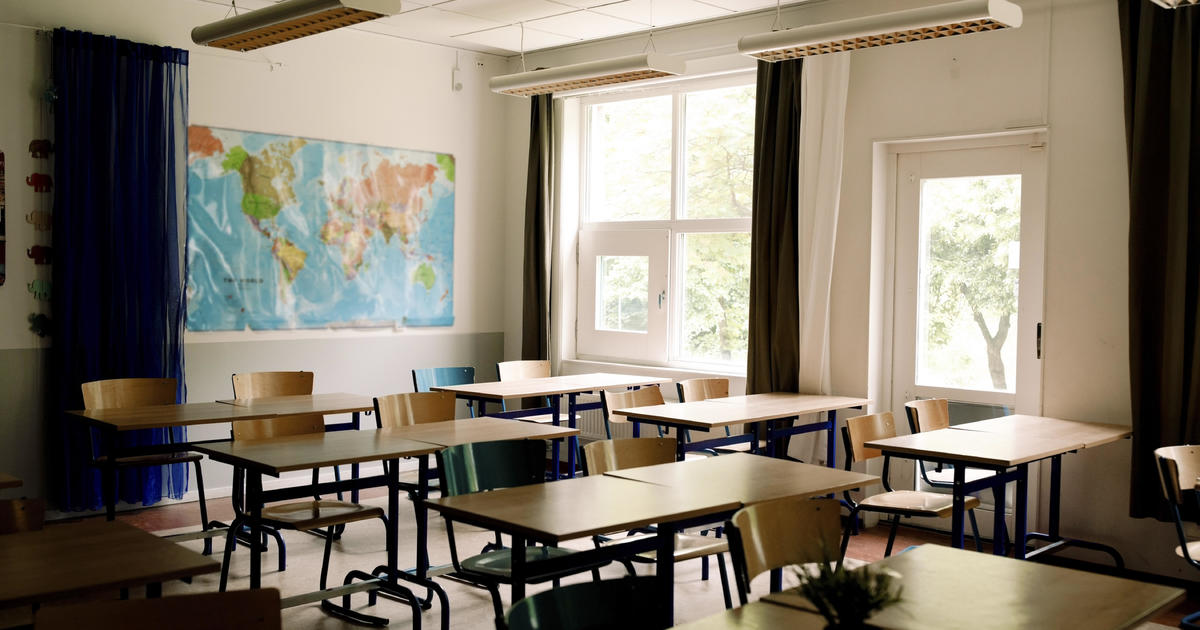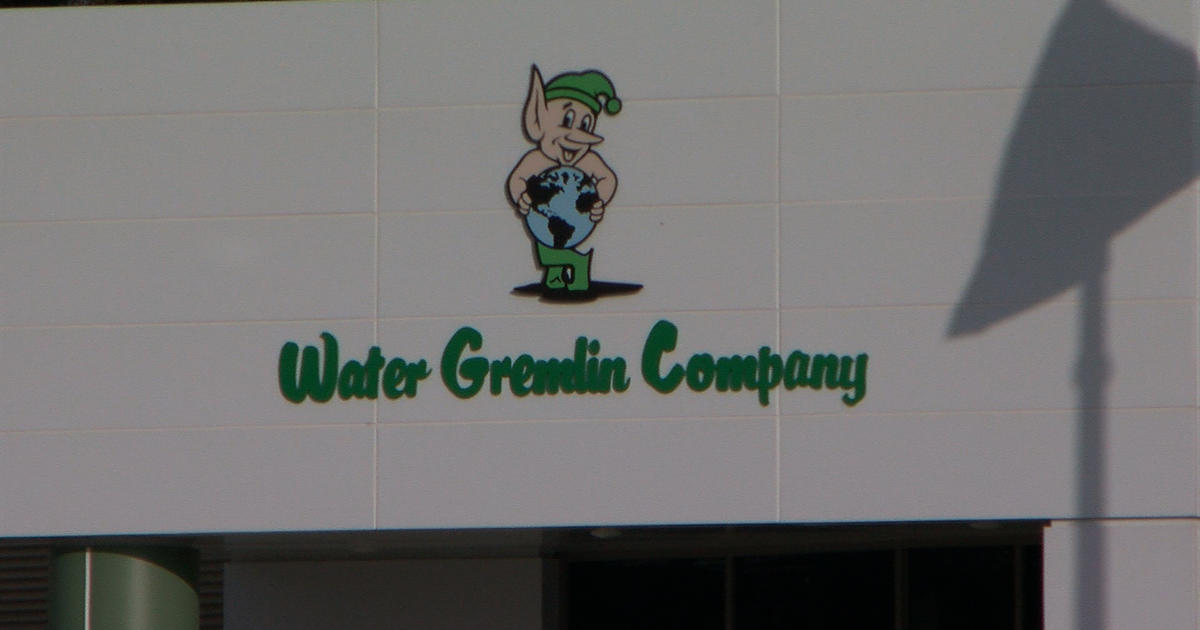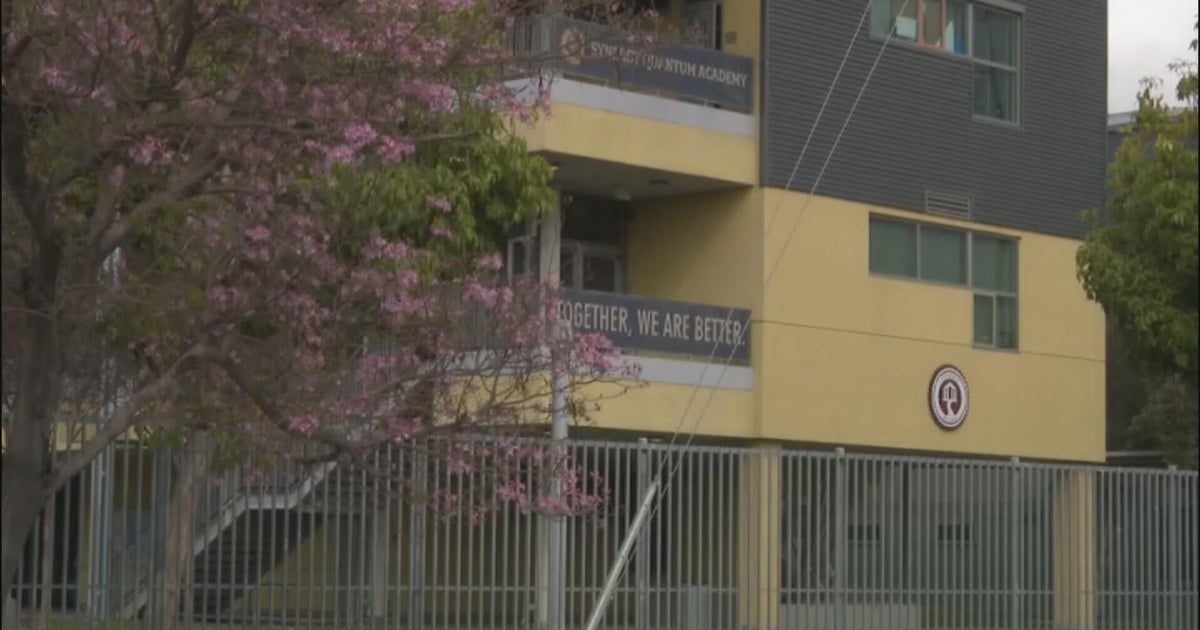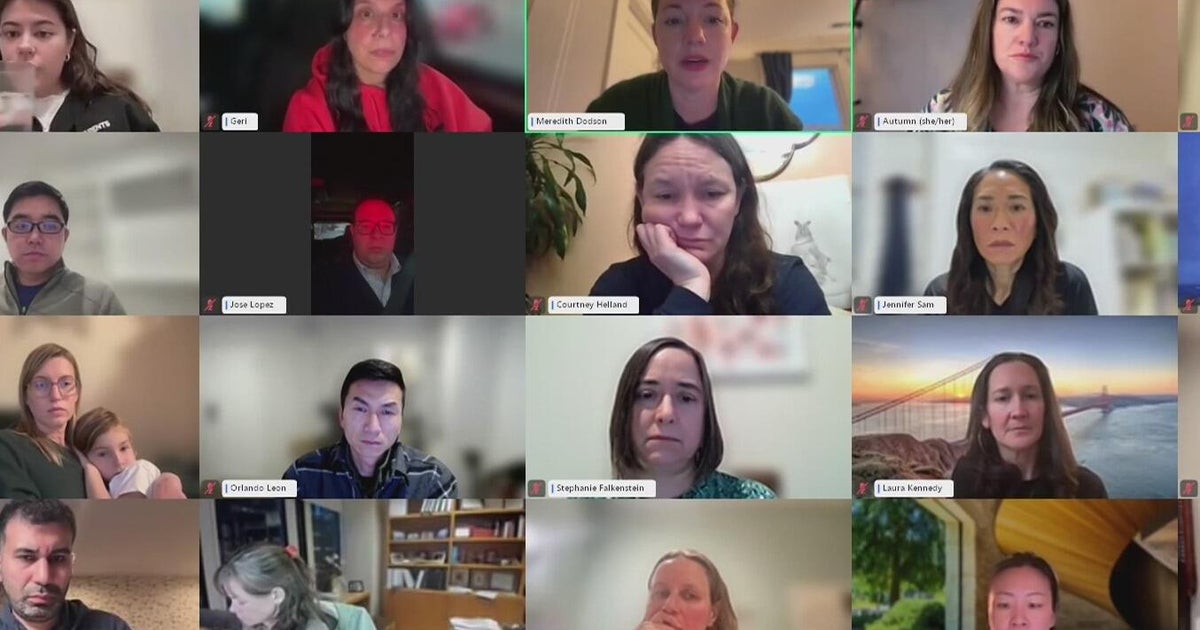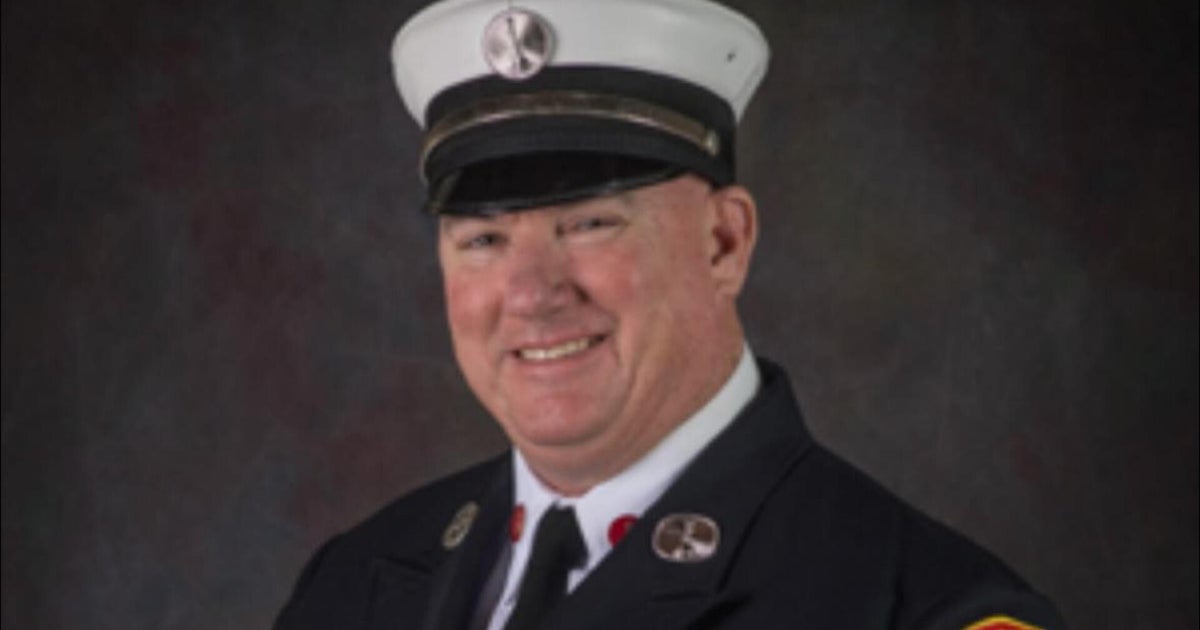Cell Tower To Be Shut Down, Officials Now Look To Ground In Elementary School Cancer Cases
RIPON (CBS13) — Sprint recently shut down a cellphone tower on a Ripon school campus after some parents worried it was linked to several recent cancer cases in the elementary students. Sprint says the tower is safe but is moving it to a different site.
Lawyers at the Cochran Law Firm said Thursday they're investigating a link between cancer-causing chemicals used at the former Nestle decaffeination plant near the school site, and the high rate of cancer in the area, but they're not ruling out the cell tower, or some combination of the two.
Kyle was just 10 when he was first diagnosed with kidney cancer. Just five months later, his friend Mason developed brain cancer. Two more kids at their school were recently diagnosed with various cancers along with several teachers over the years. Many believe the radiation coming from the cell tower on campus is to blame.
"It is classified as a possible carcinogen, that tells us that there is some evidence out there," said Mason's mom Monica Furrulli. "We're not naive to the fact that there could be other components out there, other environmental influences."
RELATED: Cell Tower On School Campus Suspected Of Causing Students' Cancer Removed
Some are now turning their attention to the old Nestle decaffeination plant near the school site. Nestle spent millions over the years cleaning up groundwater polluted with toxic chemicals. Lawyers are now investigating a possible link but have not ruled out the cell tower.
The district hired engineers to measure the exposure and concluded the tower met "government and industry standards" and posed "no threat to student safety."
The parents hired their own investigator who found much higher RF levels than the district did, but said the levels were still below government radiation guidelines.
Those guidelines have not been updated since 1996, back when flip phones were the height of cell phone technology.
Sprint officials say three tests have shown the tower is operating 100 times below the federal guidelines and insists its not a safety concern.
READ ALSO: Parents Blame Elementary School's Cell Tower After 4th Student Diagnosed With Cancer
"Sprint takes safety very seriously, but we do hear the community's concerns, so we're quickly working to relocate the tower," said Sprint Network Project Manager Dharma Nordell.
CBS News medical contributor, oncologist Davis Agus, said the number of cases warrants further investigation, but said people exposed to RF at normal levels have not been found to be at a higher risk for cancer.
"Whenever you hear of cases of cancer in a child, obviously that itself is alarming. When there's several cases in one school... that's even more alarming," Agus said.
While the American Cancer Society says there is "very little evidence" that being near a tower might increase the risk of cancer, they also said, "very few human studies have focused on that risk."
READ: Woman Turns In Over $14K Of Cash To Police 20 Minutes After It Was Reported Missing
Studies have, however, linked radiation at levels less than what the district found here to a variety of health concerns in children ranging from headaches to difficulty concentrating in school and behavioral problems. By the CDC's definition, this would not be considered a cancer cluster because they don't all have the same type of cancer.
No solace for Mason, whose cancer has returned, or Kyle who is in remission, but still undergoes scans every three months.
"I've looked into his eyes and I've looked at the fear he has as a nine-year-old, facing something, asking me 'mom am I going to die?" Furrulli said. "It would push you to fight as well, it would push any parent to fight. I won't stop until it's done, I won't stop until that thing is gone."
The Department of Health is now testing the school's soil and water, and Nestle said it continues to make every effort to remediate the chemicals used in its decaffeination process years ago.


